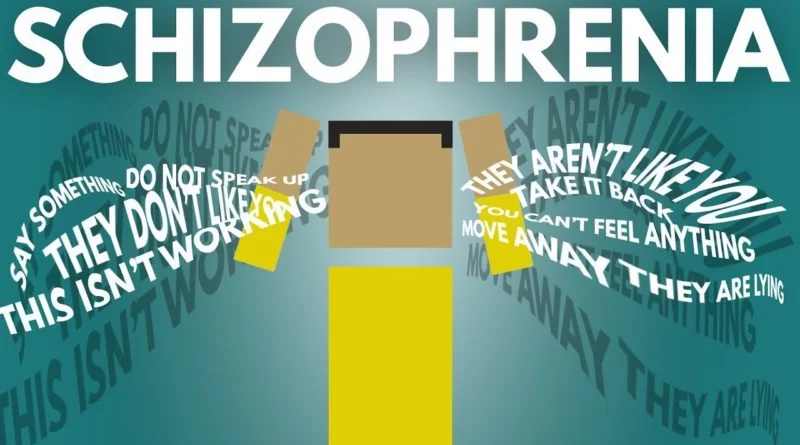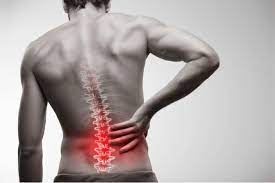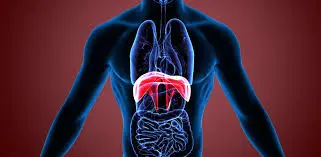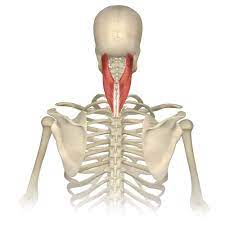SCHIZOPHRENIA
Table of Contents
What is a Schizophrenia?
Schizophrenia is “a chronic, more or less debilitating illness characterized by perturbations in cognition, affect, and behavior, all of which have a bizzare affect. “
schizophrenia is a mental disorder that usually appears in late adolescence or early adulthood. Characterized by delusions, hallucinations, and other cognitive difficulties, schizophrenia can often be a lifelong struggle.
Symptoms:
The symptoms are classified into four categories:
–Positive symptoms – are also known as psychotic symptoms. For example, delusions and hallucinations.
-Negative symptoms – these refer to elements that are taken away from the individual. For example, the absence of facial expressions or lack of motivation.

-Cognitive symptoms – these affect the person’s thought processes. They may be positive or negative symptoms, for example, poor concentration is a negative symptom.
-Emotional symptoms – these are usually negative symptoms, such as blunted emotions.
Below is a list of the major symptoms:
-Delusions – the patient displays false beliefs, which can take many forms, such as delusions of persecution, or delusions of grandeur. They may feel others are attempting to control them remotely. or, they may think they have extraordinary powers and abilities.
-Hallucinations – hearing voices is much more common than seeing, feeling, tasting, or smelling things that are not there, however, people with schizophrenia may experience a wide range of hallucinations.
-Thought disorder – the person may jump from one subject to another for no logical reason. The speaker may be hard to follow or erratic.
Other symptoms may include:
-Lack of motivation (avolition) – the patient loses their drive. Everyday actions, such as washing and cooking, are neglected.
-Poor expression of emotions – responses to happy or sad occasions may be lacking, or inappropriate.
-Social withdrawal – when a patient with schizophrenia withdraws socially, it is often because they believe somebody is going to harm them.
-Unawareness of illness – as the hallucinations and delusions seem so real for patients, many of them may not believe they are ill. They may refuse to take medication for fear of side effects, or for fear that the medication may be poison, for example.
-Cognitive difficulties – the patient’s ability to concentrate, recall things, plan ahead, and organize their lives are affected. Communication becomes more difficult.

Causes:
- GENETICS:
-5% of schizophrenics have a first-generation family member with schizophrenia as well.
-In the case of identical twins and schizophrenia, there is a 50% chance that if one twin has schizophrenia, the other twin will have it as well.
2. NEURODEVELOPMENTAL:
-The physical structure of the brain is different in people with schizophrenia.
-These particular people have been found to have cortical atrophy, ventricular dilation (particularly the third ventricle), and overall have a smaller brain size.
MEDICATION:
The most common schizophrenia medications are:
-Risperidone (Risperdal)
-Olanzapine (Zyprexa)
-Quetiapine (Seroquel)
-Ziprasidone (Geodon)
-Clozapine (Clozaril)
-Haloperidol
Physiotherapy Treatment:
Physical therapy cannot treat schizophrenia itself. However, it can help manage any co-morbidities, and side effects of medications or help deal with the physical decline in function. Diabetes affects 6% of people with schizophrenia, and this is an area that physical therapy can contribute.
Education on a diet, exercise, and skin checks would be very beneficial to these people. Also, people with schizophrenia see a decline in physical function as they age, more so than the average person.
They may experience bone/joint disease, fractures, a decline in brain function, parkinsonism, cerebrovascular accident, spinal cord disorders, amputations, etc. As previously stated, we cannot treat schizophrenia itself, but we will see patients with other medical reasons who are affected by this disorder.







